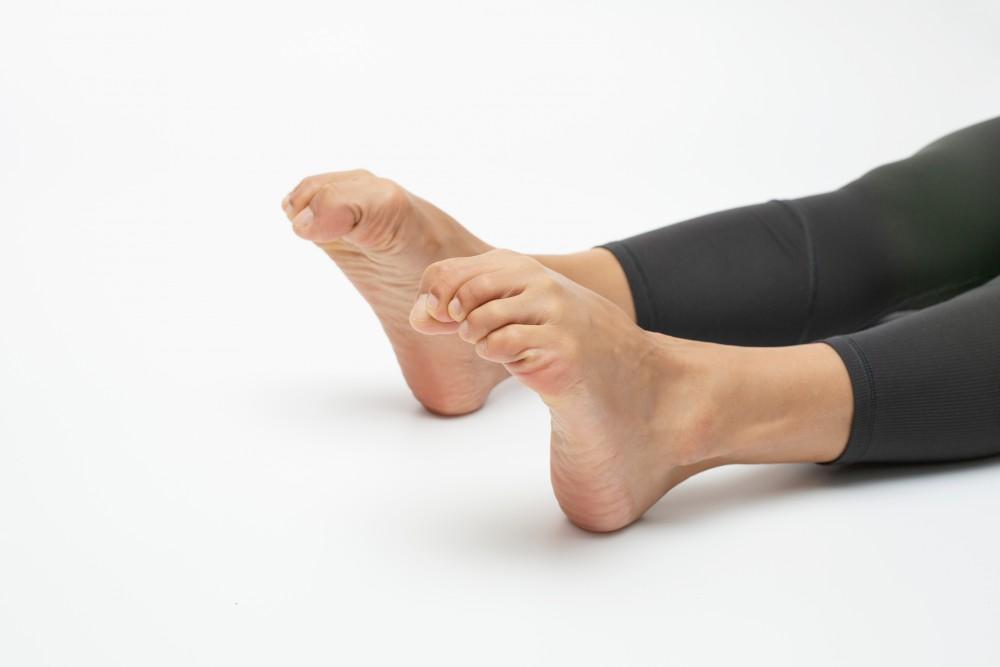
10 Must-Haves After Shoulder Surgery

After shoulder surgery, you can say goodbye to pain, regain shoulder strength and stability, and finally be able to get back to the activities you love. However, to reach that goal, your shoulder must have time to heal, and that means keeping it immobilized after surgery.
The length of your shoulder and arm immobilization depends on the extent and type of shoulder repair, but most patients at Bahri Orthopedics & Sports Medicine Clinic wear a sling for four to six weeks. You can remove the sling to bathe and dress, but here’s the thing: When the sling is off, you should not reach, lift, push, or pull with that shoulder. Using the joint too soon puts your recovery at risk.
Getting through everyday tasks with one working arm is a challenge that’s further complicated if your surgery affects your dominant hand. Advance planning helps, so here’s our list of 10 must-haves to keep your recovery stress-free.
Arrange for help with chores
Whether you have family or friends living with you or you live alone and need to make special arrangements, be sure someone is on hand to help with tasks like getting groceries, walking the dog, and house cleaning. You also won’t be able to drive for a time following surgery, so arrange for transportation to your appointments.
Reorganize for easy access
Go through your kitchen, bedroom, bathroom, and living areas and look for items you typically use that are stored in a place where you must move your shoulder and arm to get them. Move essential items so they’re easy to reach.
Plan and prepare meals
It’s great if you live with someone who can do the cooking, but most of our patients find it helps to plan meals ahead of time. If it’s feasible, cook extra meals in the weeks before your surgery and freeze them. Otherwise, don’t hesitate to purchase frozen, packaged foods.
Think in terms of foods you can easily pop into the microwave or oven without a lot of preparation. You may not be able to open cans or jars, or clean and cut fresh foods, with one hand.
Obtain tools for bathroom access and safety
Stock a big supply of waterproof bandages or plastic bags and tape in the bathroom so you’re prepared to shower without getting your incision wet. A detachable showerhead helps keep water away from your shoulder, and pump soap makes bathing easier when you can use only one arm.
Place non-slip bath mats in the shower and on the floor outside your bathtub or shower. A shower chair is also great for safety because you may tire easily during your recovery.
If your dominant hand and arm are immobilized, practice activities like brushing your teeth with your other arm. If it’s too difficult, look for hacks. For example, you can get powdered toothpaste that you can pour into a bowl and then dip a wet toothbrush in the powder.
Get ready for cryotherapy
Applying cold to your shoulder reduces inflammation and pain after surgery and throughout your recovery. Whether you use ice wrapped in towels or cold packs, plan to maintain a supply that lets you apply cold therapy numerous times daily without waiting for a new batch to freeze.
Purchase extra pillows
Take the stress off your shoulder by propping it on a pillow while sitting or lying in bed. Be sure to buy soft pillows so your arm is gently cushioned rather than firm pillows that may encourage your arm to roll to the side.
Decide how to sleep
Most patients find that sleeping flat on their back is painful following shoulder surgery. You can relieve the pain by sleeping in a semi-inclined position by using a reclining chair or by using a bed wedge, reading pillow, or stacked regular pillows. For sleeping on your bed, place extra pillows along your body to stop you from rolling over onto the affected shoulder while you sleep.
Update your wardrobe
Be sure you have sweatpants or elastic-waist pants and button-up shirts or very loose-fitting T-shirts. You won’t be able to tie your shoes, so get slip-on shoes or ones with Velcro closures.
Create a medicine box
Use a plastic or cardboard box, or even a bag, to keep your post-surgery medications and instructions in one place. That way, they’re always easy to find and you can carry them with you so they’re within reach when you need them.
Keep laxatives on hand
Constipation commonly develops after surgery due to issues such as general anesthesia, narcotic pain relievers, dehydration, inactivity, and changes in your diet. Purchase a stool softener or fiber laxative such as psyllium before your surgery so it’s there if you need it. Fiber-rich foods such as oatmeal, beans, pears, strawberries, vegetables, and bran cereal also help prevent constipation.
The team at Bahri Orthopedics & Sports Medicine Clinic is always available to help, so call if you have questions or encounter an unexpected challenge after your shoulder surgery.
You Might Also Enjoy...


Fracture Care: Nonsurgical Options vs. Surgery

Am I a Good Candidate For Shoulder Replacement?

Staying Active With Knee Osteoarthritis: Our Top Tips

Struggling with Ankle Instability? Here's How to Avoid Future Sprains


